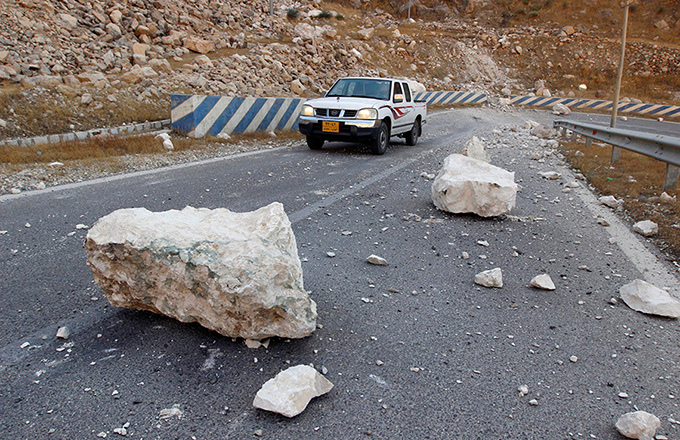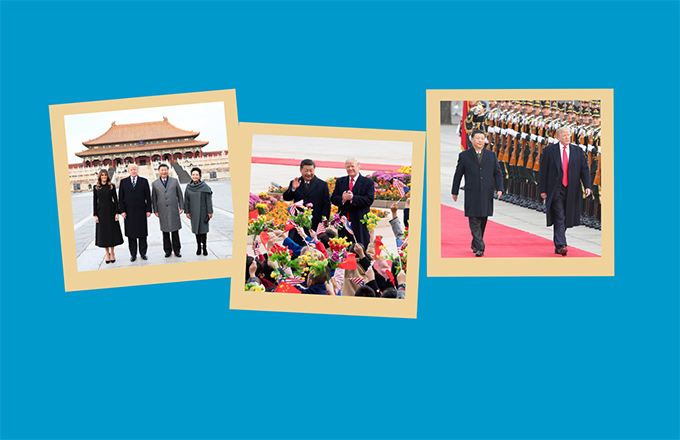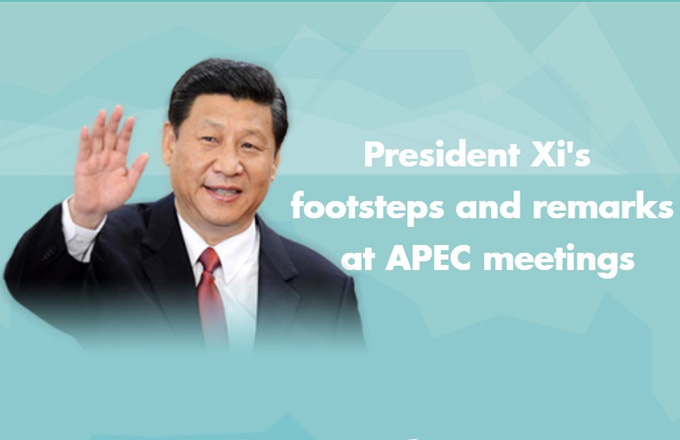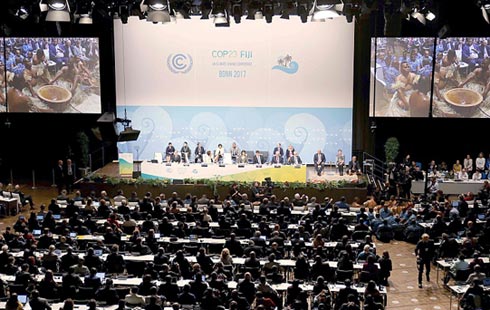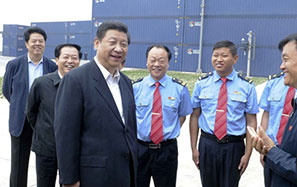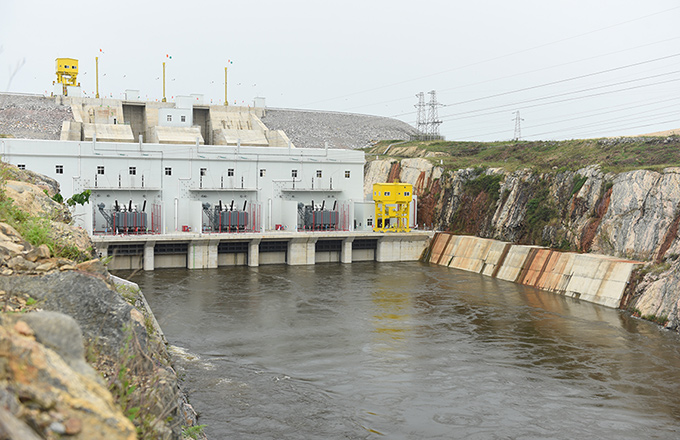UNDP and Himalayan Consensus to establish an early warning facility to help Nepal respond to disaster and prevent crisis
United Nations Development Programme(UNDP) Nepal and Himalayan Consensus Institute(HCI) have entered a partnership to collaborate in the areas of crisis prevention and conflict mitigation.
In an event organized at the Patan Museum on 14 November, UNDP Nepal Country Director Renaud Meyer and HCI Founder Laurence Brahm signed a Memorandum of Understanding (MOU) to mark the establishment of a joint initiative for crisis and conflict mitigation in the Himalayan region, highly impacted by climate change. The partnership will focus, among other things, on developing systematic early warning systems ahead of environmental catastrophe to aid governments and communities in their response.
The pilot program in Nepal is expected to serve as a model for conflict prevention and mitigation in countries affected by climate change and underdevelopment. Nepal is one of the 20 countries that are most vulnerable to climate change and other kind of hazards.
"This initiative has the potential for far-reaching impact beyond the borders of Nepal. It is envisioned that similar programs could be adopted across the developing world in an effort to address conflict at its root cause rather than its effect," said Laurence Brahm, Founder of HCI .A second program, launching the Silk Road Dialogues is expected to be signed between UNDP China and the HCI in Beijing later this month.
This joint initiative will also focus on training local mediators on the principle that community knows best; and conduct second track dialogues through workshops where crisis can be mitigated and avoided.
Highlighting the importance of the UN’s Agenda 2030, Country Director of UNDP Nepal, Renaud Meyer, said:"Mitigating crisis and conflict requires a multi-disciplinary approach that is both holistic, community-based and sustainable in order to sustain long-term peace in our region. The new facility that we plan to put in place will help the Government and people of Nepal take informed decisions, better prepare for climate-induced and other kind of disasters and respond to crisis more systematically."
The next Himalayan Consensus Summit slated for 23-25 March 2018 will offer another milestone for this partnership.
Organized by the Himalayan Consensus Institute, the three-day long Summit will cover a wide range of areas where business and finance can directly support achievement of the Sustainable Development Goals—from air travel connectivity to solar and hydro renewable energy systems to agriculture and technology.
"The 2018 HCS focuses on concrete outcomes to prevent conflict through economic development, cultural conservation and adoption of renewable energy and water conservation technologies," said Laurence announcing the date for the next Summit. HCS 2017, specifically, determined the need for the Himalayan Consensus process to establish a crisis prevention and conflict mediation facility as a core objective for the coming year. Each year the HCS convenes leaders from the development, environmental, business and finance communities together in seeking practical solutions to shared regional challenges.






